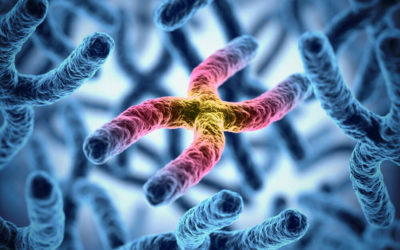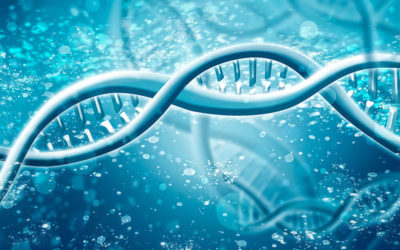Library > Understanding Why
Understanding Why
In this section of our online library, you will find medically reviewed articles about possible causes and conditions related to recurrent pregnancy loss.
Can homocysteine cause miscarriage?
Homocysteine is a toxic amino acid that can contribute to blood clots, which may lead to miscarriage. MTHFR is not the only cause of high homocysteine. This article covers causes of high homocysteine and how it may contribute to a miscarriage.
Genetic and chromosomal causes of miscarriage
Abnormal chromosomes and other genetic problems may cause over half of recurrent miscarriages. This article will tell you what these are and what you can do about them.
Histamine and pregnancy
Histamine is essential for pregnancy and general health, but elevated histamine may contribute to miscarriage. Disorders that increase histamine are obscure and difficult to diagnose. This article helps you understand the roles of histamine and histamine disorders.
What is histamine intolerance and can it cause miscarriage?
Histamine intolerance or diamine oxidase deficiency is a poorly understood and poorly recognized condition that may cause miscarriage. This article takes an in-depth look at histamine intolerance and treatment options, including diet, supplements, and medications that may help.
Can genetic testing identify the cause of miscarriage?
Most miscarriages are due to genetic causes, so genetic testing can help you understand why and may provide you with helpful information to improve your chances in future pregnancies. Karyotyping is a 50-year old technology that still works but many new and better technologies are now available both during preconception and prenatal. This article provides in-depth information about genetic testing technologies, and their pros and cons.
Miscarriage thyroid tests – hormones, antibodies, and reference ranges
Thyroid disorders, including hypothyroidism, hyperthyroidism, and thyroid antibodies, can cause miscarriage. Up to 15% of reproductive age women have thyroid antibodies, some of which have normal thyroid function. Also, a previous miscarriage can cause thyroid antibodies. Therefore, it is important to test your thyroid hormones and know the optimal ranges for pregnancy. This article covers thyroid hormones to test, their reference ranges, and how they work together.
Can thyroid problems cause miscarriage?
Thyroid disorders such as hypothyroidism, hyperthyroidism, and thyroid antibodies can cause infertility and miscarriage. This article will cover thyroid conditions, their diagnoses, and treatments, including natural and experimental ones.
PCOS, Pregnancy and Miscarriage
PCOS is the most common cause of infertility. It can also contribute to pregnancy complications and miscarrriage. Because it’s a complex and somewhat controversial syndrome, PCOS is often misdiagnosed or take years to correctly diagnose. Fortunately, you can manage many aspects of PCOS with diet and lifestyle, and many women with PCOS have had successful pregnancies . This article will provide you with everything you need to know about PCOS and recurrent pregnancy loss (RPL).
Decoding MTHFR, fertility, and miscarriage
Although MTHFR is linked to miscarriage, it doesn’t single-handedly cause miscarriage. However, you can address it with diet, lifestyle, and supplementation to improve your outcomes. This article explains risks, lab tests, and natural treatments for MTHFR.









